The son of a librarian, Chris M. Arnone's love of books was as inevitable as gravity. He holds an MFA in Creative Writing from the University of Missouri - Kansas City. His cyberpunk series, The Jayu City Chronicles, is available everywhere books are sold. His work can also be found in Adelaide Literary Magazine and FEED Lit Mag. You can find him writing more books, poetry, and acting in Kansas City. You can also follow him on social media (Facebook, Goodreads, Instagram, Bluesky, TikTok, website).
In a top-secret government-funded project, a team of scientists harnesses the power of quantum theory to establish a communication link with aliens across time and space — a glass cage in which you experience dream-like visions that connect you to the extraterrestrials and their planet. When lowly accountant Darren Costa receives an incomplete mathematical formula through the link, he's convinced the solution could prevent Earth's future extinction and ensure humanity's survival. But with both humans and the mysterious aliens facing a common enemy, solving the puzzle quickly becomes a matter of life and death...
Hard and soft science fiction are terms you may have heard bandied about in talks about the genre. Both have their ardent fans who don’t really like the other. Sometimes, books straddle the line, causing some debate. But, what exactly is the difference between hard sci-fi and soft sci-fi?
In hard science fiction, the science is really important, central to the story, even. The science is accurate. It is well-researched and grounded in a futuristic view of proven science that exists in our world. Often, writers of hard sci-fi have a background in science and frequently put scientists as important characters in their books.
Soft science fiction, on the other hand, uses speculative elements to tell stories that focus on people. These can be deeply philosophical stories, religious stories, and literary stories about interpersonal relationships. Think Star Trek or Doctor Who, where the science is made up, and the speculative elements are really just there to tell very human stories. Warp drives are not based in real science. The TARDIS moves through time because it does.
Need more definition? How about some great examples of hard and soft science fiction?
Hard Sci-fi Books
The Martian by Andy Weir
Ah, the book that made hard science fiction cool again. This is the hard sci-fi book for people who don’t like hard sci-fi, a book full of real science and a very witty scientist. Mark is an astronaut stranded on Mars. The odds are against him, but he has science on his side, and he’s going to do everything he can to survive and get home.
Ancillary Justice by Ann Leckie
This book starts a brilliant trilogy that takes space opera to a new level. While the science is mostly rather theoretical, it’s core to the story. Breq used to be a huge starship, an artificial intelligence linking it and its many ancillaries. Now, it’s trapped in a single ancillary, a humanoid form. Breq wants to know why and who destroyed the rest of her, and she’ll go to the ends of the galaxy for vengeance.
The Expanse by James S.A. Corey
This epic, nine-book series holds very true to part of the science of space: it wants to kill you in its very cold and merciless way. Captain James Holden and the crew of the Rocinante are a hodgepodge family, cobbled together after a massive conspiracy leaves them the lone survivors of a nuked ice mining ship. But there’s more going on, something positively alien, in fact.
The Mountain in the Sea by Ray Nayler
One of the hallmarks of good, hard sci-fi is that it can teach you something. In this case, you’ll learn a lot of real science about octopuses. Dr. Ha Nguyen is determined to find out if the rumor of hyperintelligent octopuses has any merit. The enormous corporation DIANIMA has sealed off the area where they were found, and now Dr. Nguyen has joined. These cephalopods could unlock so many key discoveries, but in the wrong hands, they could also spell disaster. Is DIANIMA the right hands? What do these hyperintelligent creatures have to say about it?
Soft Sci-fi Books
Dawn by Octavia Butler
Butler loved to use speculative fiction to ask big, philosophical questions. In the case of Dawn, it was examining humanity after its own destruction. The human obsession with nuclear weapons finally consumed the Earth in fire. Hundreds of years later, Lilith awakens in an alien spacecraft. She lost her family in Earth’s last war, and now she might be the key to saving the rest of humanity from the brink of extinction. These aliens want to save the species, after all, and they’ve been waiting for the right moment.
Light Years from Home by Mike Chen
Talk about soft on the science. In this novel, the science part of science fiction is barely there, setting the stage for a story of familial drama. Jakob disappeared years ago, leaving his family in tatters. His father held fast to a supposedly alien artifact and his story that Jakob was abducted by aliens, until he died trying to prove it. Jakob’s sisters went in different directions: Evie is a vet tech and part of a UFO network, trying to investigate and uncover alien activity. Kass is a therapist and takes care of their mother. When Jakob returns, his memories muddled, all of the family’s trauma will come raging to the surface.
The Space Between Worlds by Micaiah Johnson
What if science allows us to walk between worlds? That’s not the question of this book, but rather the twisted people who capitalize on it. Cara walks between worlds, but only where her parallel self is dead. This weird job doesn’t just pay her bills, but elevates her out of the desert poverty that surrounds the walled city. But as she walks these worlds, she begins to discover that there is more going on than exploration. Secrets abound, some of them deadly, and the organization that employs her may be after more than they say.
We Have Always Been Here by Lena Nguyen
Soft sci-fi is great for adding layers to great book genres. In this case, a chilling psychological thriller. Dr. Grace Park isn’t good with people. When she’s assigned to a spaceship en route to assess the colonization of a new planet, her job is to observe the crew, not the planet. She gets along better with the ship’s androids than the human crew, which sows distrust. When the ship is trapped in a radiation storm, things go from bad to worse. The human crew starts to hallucinate and go mad. The androids aren’t acting normal, either. Perhaps nothing is really what it seems.
What’s your preference? Hard sci-fi or soft sci-fi? Love them both? I sure do.



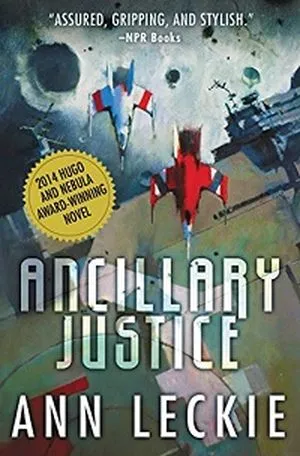
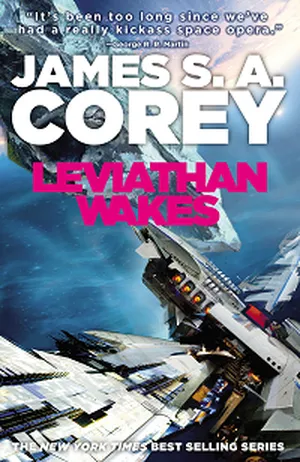

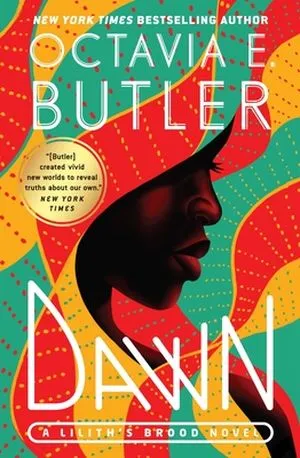
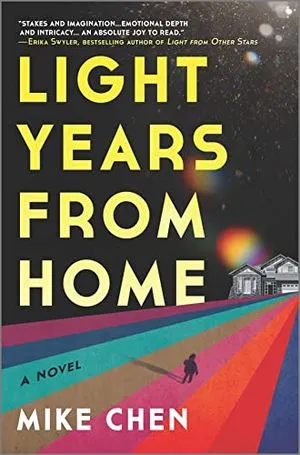
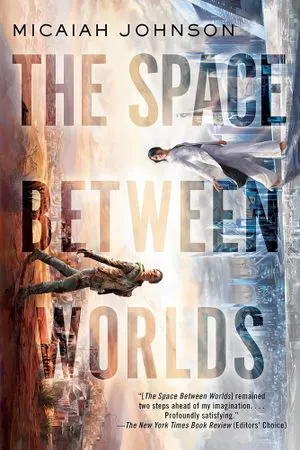
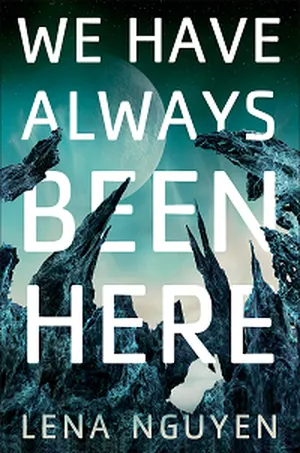



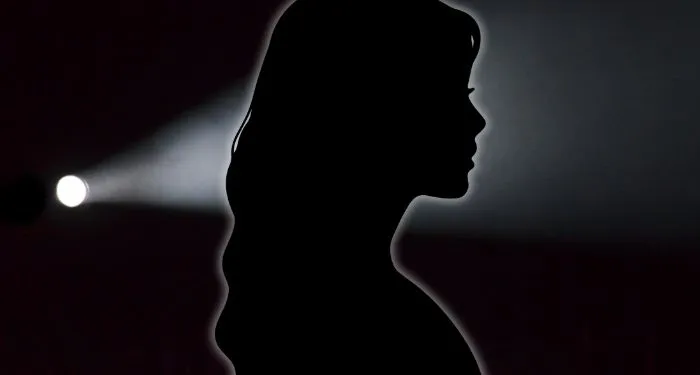
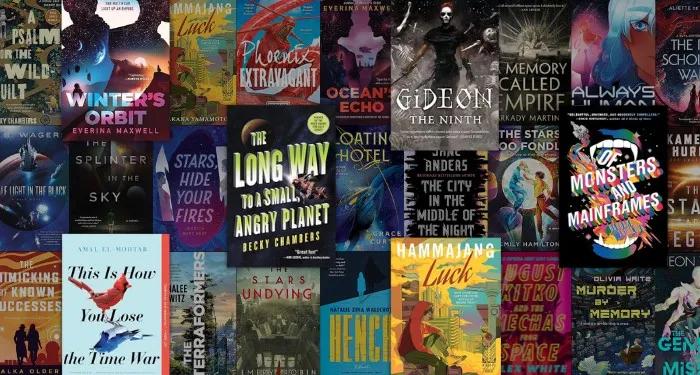













 English (US) ·
English (US) ·